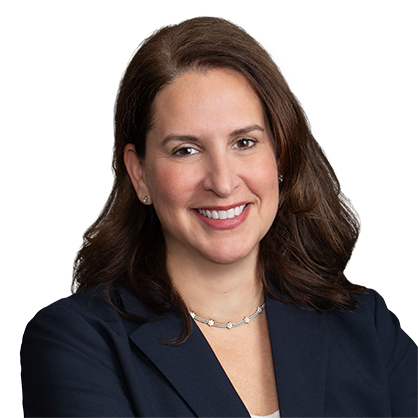Insights
Thought Leadership
Court Enjoins Revised Federal Overtime Regulations
A federal district court judge in the Eastern District of Texas issued a nationwide preliminary injunction on November 22, barring the implementation and enforcement of the Department of Labor's (DOL) expanded overtime exemption rule (Final Rule), which was scheduled to take effect December 1, 2016.
The DOL Final Rule would raise the salary threshold for the "white collar" exemption from the overtime mandates of the Fair Labor Standards Act (FLSA). The rule would increase the salary threshold from $455/week to $913/week. Employees who receive a salary equal to or above the threshold and who perform specific executive, administrative and professional duties are not entitled to premium pay for overtime hours. All other employees must receive additional pay for overtime hours.
The plaintiffs, a group of businesses and a group of states, have challenged the validity of the regulation. These plaintiffs question the lawfulness of the Final Rule, the authority of the DOL to promulgate the rule, and the validity of the automatic updating provision. Yesterday, in granting the motion of state plaintiffs, a district judge found that the states had demonstrated a substantial likelihood of success on the merits, as well as a substantial threat of irreparable harm to employers if the rule were implemented. The court found that the creation of a "de facto salary-only test" did not comport with the language of the FLSA, which specifies that the exemption applies to "any employee employed in a bona fide executive, administrative, or professional capacity." The court found that the Final Rule bypassed the duties test.
This injunction is preliminary, meaning the case will continue and the court will eventually render a final decision. That decision may then be appealed. For now, however, the DOL Final Rule will not go into effect. Employers may continue to classify employees as exempt if they meet the unchanged test for executive, administrative, and professional duties, are paid on a salary basis, and receive a salary of at least $455 per week.
The duties test remains unchanged, and this injunction decision emphasizes the importance of duties in determining exempt status. Employers should consult with counsel and review their exempt positions to ensure that they satisfy the test for executive, administrative, and professional duties.


